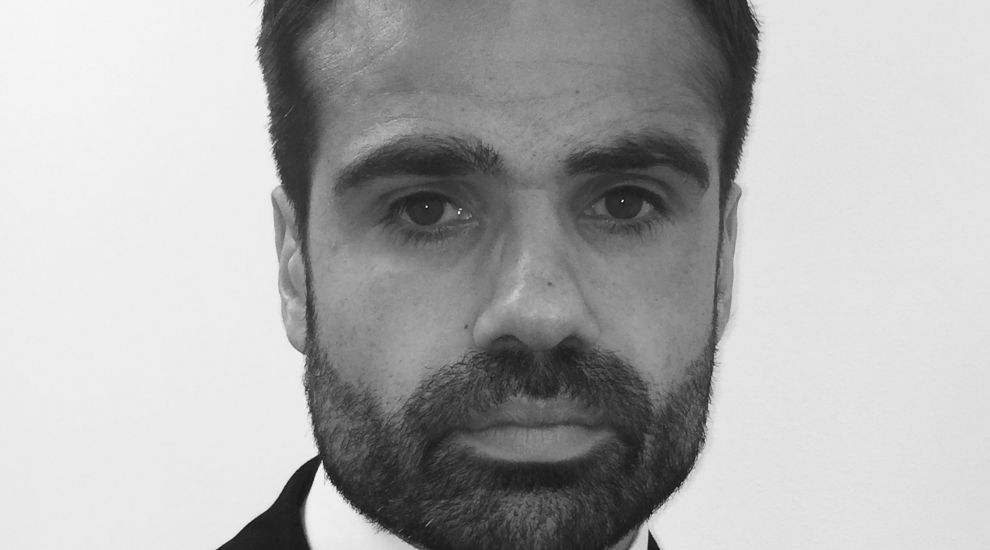

Charities are being warned that maintaining funding and holding sufficient reserves have never been more important as the entire sector goes through a period of dramatic change, according to a Channel Islands-based investment management expert.
It comes as new research for Smith & Williamson reveals that almost a third (30 per cent) of UK charities have less than six months' expenditure held in reserves. The finding is included in a new report - Where next for the charity sector? - which draws on a survey of senior charity decision-makers and was conducted in partnership with Charity Times. Smith & Williamson's publication provides insight into the key changes, challenges and opportunities facing the sector as it goes through a period of dramatic change.
On the theme of short-termism, the research reveals that almost half (49 per cent) of charity decision-makers become concerned about poor investment performance after just one year - a period of time that should not worry long-term investors.
Key points from the research:
- Reserves - 31 per cent of respondents said they hold six to 12 months' expenditure in reserves and 25 per cent said they have more than 12 months' worth. 30 per cent of charities have less than six months' expenditure held in reserves.
- Income sources - Legacies are seen as the most uncertain income source (according to 38 per cent of respondents), followed by annual fundraising activity (29 per cent).
- Risk - Securing funding is considered the biggest risk for charities (according to 42 per cent of respondents), followed by reputational damage (29 per cent).
- Benchmarking - 49 per cent of respondents said poor portfolio performance would be a concern after a year, while 33 per cent said they would worry after three years.
- Ethical and ESG - 65 per cent of charities said ethical and ESG (environmental, social and governance) considerations are essential for their charity.
Commenting on the research, Joel Graves at Smith & Williamson in Jersey, said: "The charity sector is undergoing a period of dramatic change, and the Channel Islands is no exception. Brexit, institutional scandals and the question of how to engage younger generations and adapt to technology have all promoted intense discussions on trustee boards across the UK. We are also seeing significant change to the way charities are governed and managed in the Channel Islands, particularly Jersey, as a result of regulatory and legislative change". In what are uncertain times, maintaining funding and holding sufficient reserves has never been more important.
"I don't think we can necessarily assume that Channel Island charities have exactly the same reserves-tendencies as the UK. That said, it is important to reflect on the data and holding less than six months' expenditure in reserves just doesn't feel sufficient. Making strategic planning decisions is very hard if you're living so hand to mouth. Charities need to take a long-term view across their finances and so it is therefore worrying that our research found so many start to be concerned about poor investment performance after just a year."
Smith & Williamson conducted an online survey, which comprised a total of 102 charity trustee respondents, in 2018 in partnership with Charity Times.